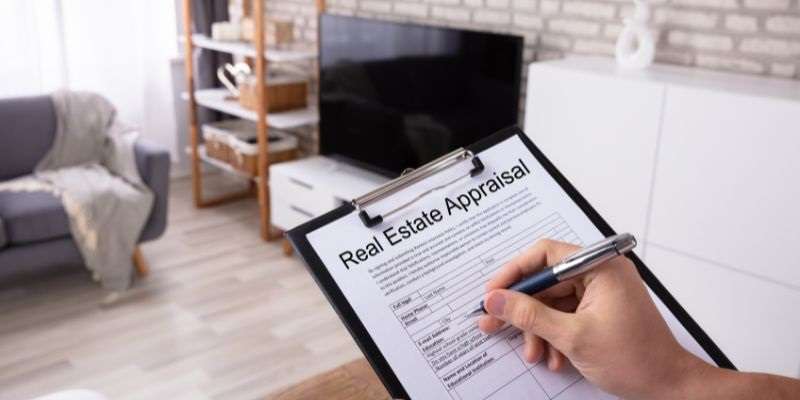BankIowa
Updated 9:37 AM CDT, Tue October 15, 2024
Published Under: Consumer

Understanding the value of your home is crucial to whether you’re buying, selling, or refinancing a home. A home appraisal is an essential part of this process, providing an unbiased estimate of a property’s worth. We’ll discuss what exactly a home appraisal is, how they are conducted, and what to expect during the process. Whether you’re a first-time home buyer or a seasoned homeowner, gaining insights into home appraisals can help you make informed decisions and get the best value for your property.
Why Should I Have an Appraisal Done?
When you buy or refinance a home, the lender will hire a certified or licensed appraiser to assess the value of your property. This process is known as a home appraisal.
A home appraisal is a valuable tool for all parties involved in the transaction, for a few different reasons. Not only does an appraisal help a lender ensure they aren’t borrowing too much money to the buyer, it also aids the buyer in feeling confident, knowing they are not overpaying for the property. Lastly, an appraisal assists sellers by reinforcing they aren’t selling the property for too low of a price and, hopefully, pricing at that fair market value will result in a quick sale.
How are Home Appraisals Conducted?
When conducting home appraisals, three types of approaches are typically used:
- Cost Approach: Value is determined by estimating the cost of replacing or reproducing the improvements as of the appraisal date, less physical deterioration, functional obsolescence, and economic obsolescence. The land value is increased by the balance.
- Value-Determining Comparison Approach: Uses recently sold "benchmark" properties that are comparable in size, quality, and location. An analogy with the topic property is drawn.
- Income Approach: Offers an unbiased approximation of the price that a judicious investor would be willing to pay, considering the property's net income.
Common Questions Appraisers Will Ask During the Appraisal Process
- What is the assessment's objective?
- What is the deadline for completing the appraisal?
- Is the property up for sale? If so, what is the asking price and who is the buyer?
- Is a mortgage in place? If yes, tell me who it was placed with, when it was placed, how much it was for, what kind of mortgage it is, the interest rate, and if there are any other financing options.
- Which personal belongings—such as appliances—are covered? A breakdown of income and expenses for the previous year or two, along with a copy of the leases if the property generates revenue.
- A copy of the property deed, survey, purchase agreement, or other relevant documents.
- A statement of special assessments, the amount owed, and what (water, sewer, etc.) are all included in the copy of the current real estate tax bill.
Home appraisals are a fundamental aspect of the real estate market, proving a clear and professional assessment of a property’s value. By knowing what factors influence an appraisal and what to expect during the process, you can better prepare and potentially enhance your property’s value. Remember, a well-informed homeowner is a successful one. If you’re looking to have a home appraisal done or would like to learn more, contact one of our BankIowa Mortgage Banking Officers today!

Comments